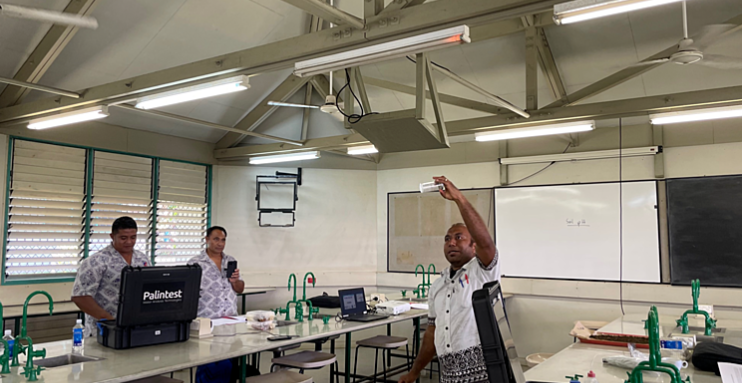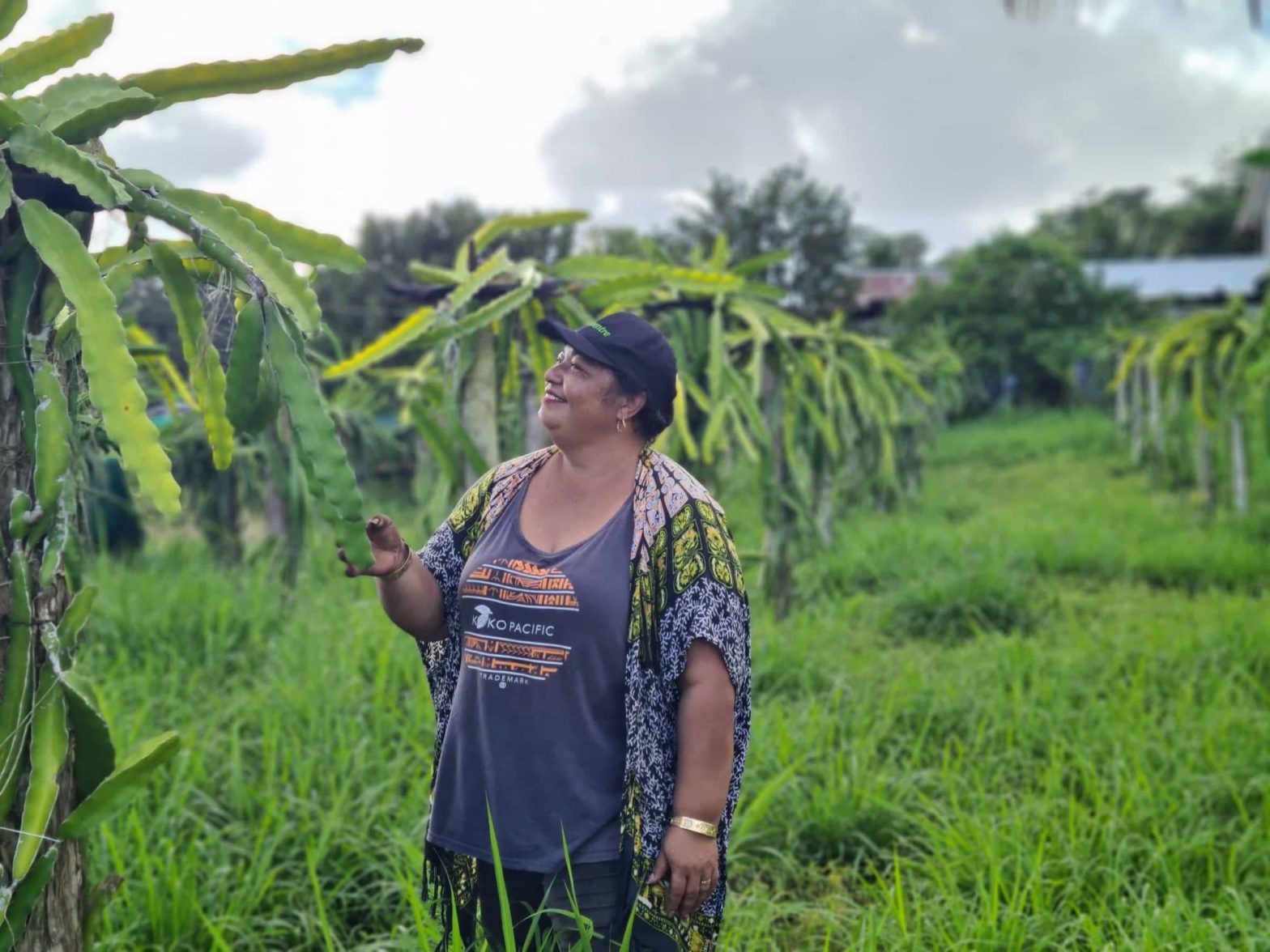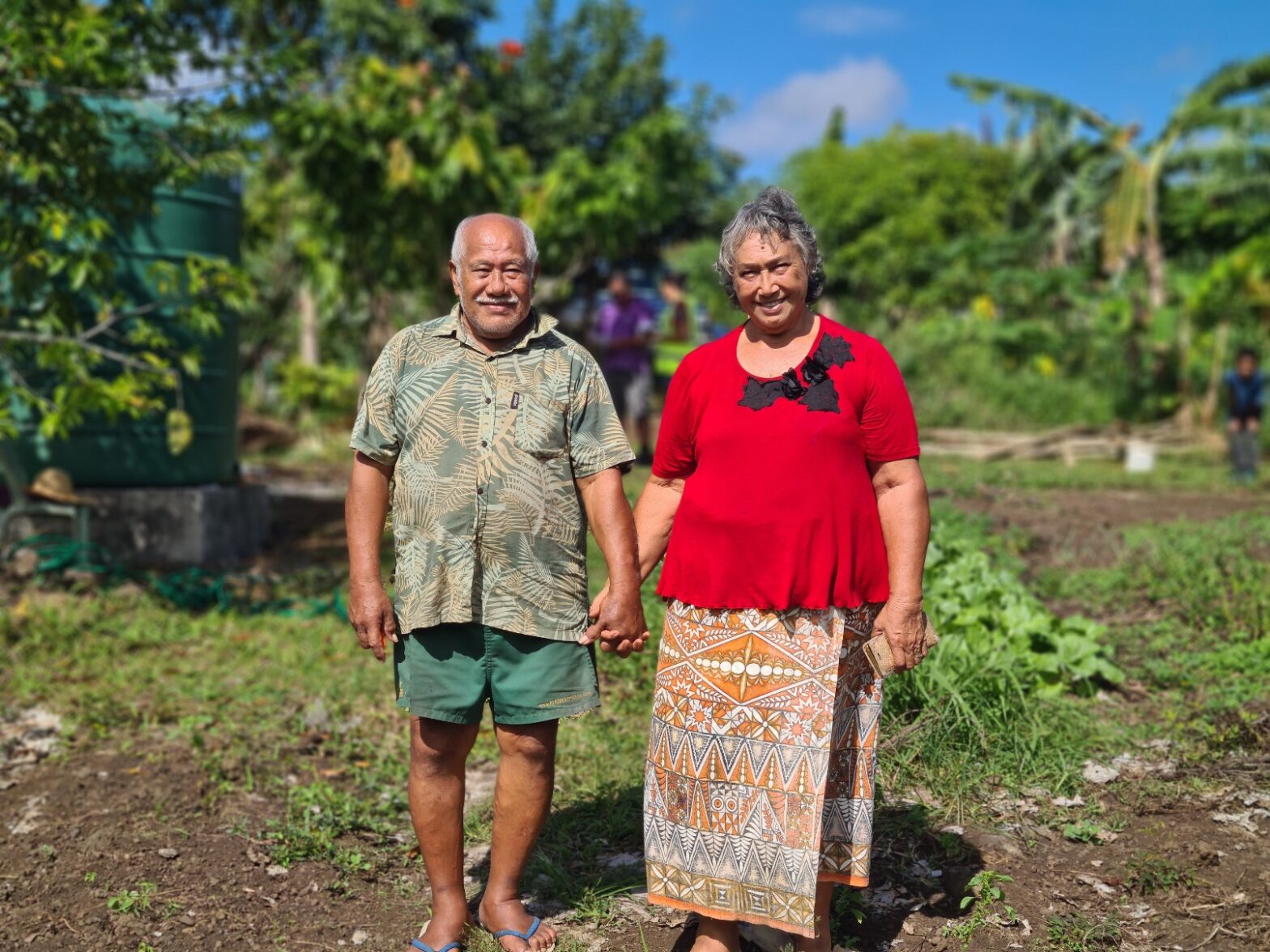USP and SPC organised training to improve local understanding of the science behind soil to boost agricultural productivity
Training to enhance local scientists’ skills and knowledge of the science of soil fertility was held in Apia, Samoa Friday with the aim of boosting agricultural productivity.
The University of the South Pacific (USP) in collaboration with the Pacific Community (SPC) organised a day dedicated to improving local understanding of the science behind soil.
The event featured participants such as laboratory technicians, agriculture Advisors from Scientific Research Organisation of Samoa (SROS), Ministry of Agriculture and Fisheries (MAF) and USP.
The event was funded by SPC but it is part of an Australian Centre for International Agricultural Research (ACIAR) funded project titled: “Soil management in Pacific Islands: investigating nutrient cycling and development of the soils portal.”
The project’s lead organisation is the Commonwealth Scientific and Industrial Research Organisation (CSIRO).
Part of the programme included hand to hand soil-sampling protocol including preparation of sampled soils, bagging and tagging demonstrations.
The participants also learned how to use the Palintest Kit for analysing soil samples to determine soil nutrient content at the farmer’s field and interpret Palintest kit results for formulation of fertilizer recommendations.
In an interview with the Samoa Observer, a Senior Lecturer from USP, Dr M. Abdul Kader said that the objective of the event is to demonstrate soil sampling procedure, preparation of soil samples, bagging and tagging.
“And to also analyse soils by using the Palintest kit and interpretation results,” he said.
“We need updated soil data for Samoa and some Pacific islands, we want to update this data.
“All over the world, not only Samoa, soil health is deteriorating because of high pressure, population pressure, so soil needs to be taken care of properly.
“Part of this programme is making them (participants) into soil doctors. This is a start and a trial programme.”
One of the participants, a Senior Research Scientist from SROS, Olo Aleni Uelese said that this is one of the most significant programmes in Samoa is educating on the various types of soils.
“The soil is different around Samoa; it is not the same,” Olo said.
“There are times when the quality of soil is good and it is evident through the plants grown but other times it is of bad quality when nothing grows.
“But this programme is important to bring SROS, MAF, and USP to further educate and enhance us in how to address or help the needs of our farmers.”
He explained that they have faced problems in the past with sampling of soil because of different methods and bringing it to the labs but now
“There is new equipment that we will learn how to operate which we can test the soil out on the fields and try to help our farmers in terms of what issues they are facing.
This story was produced by Adel Fruean, published at Samoa Observer on 31 October 2021, reposted via PACNEWS.




